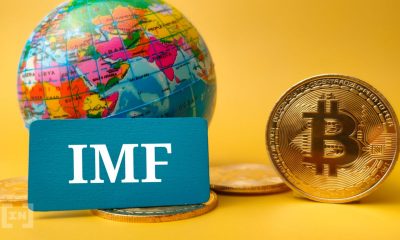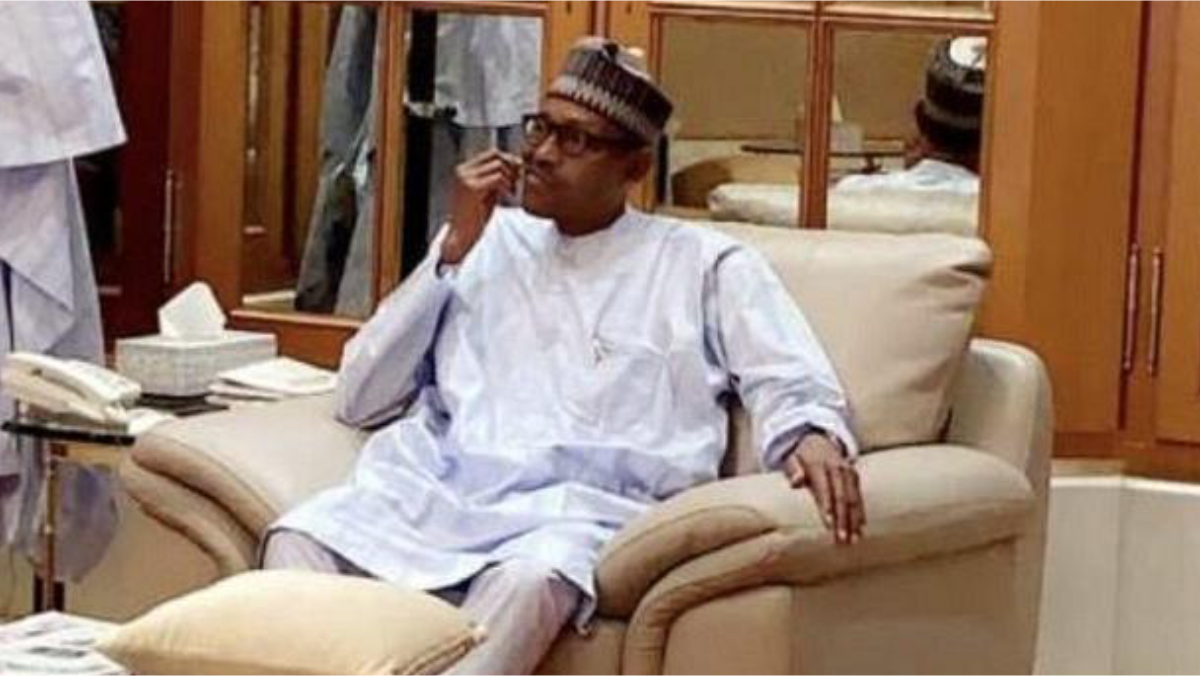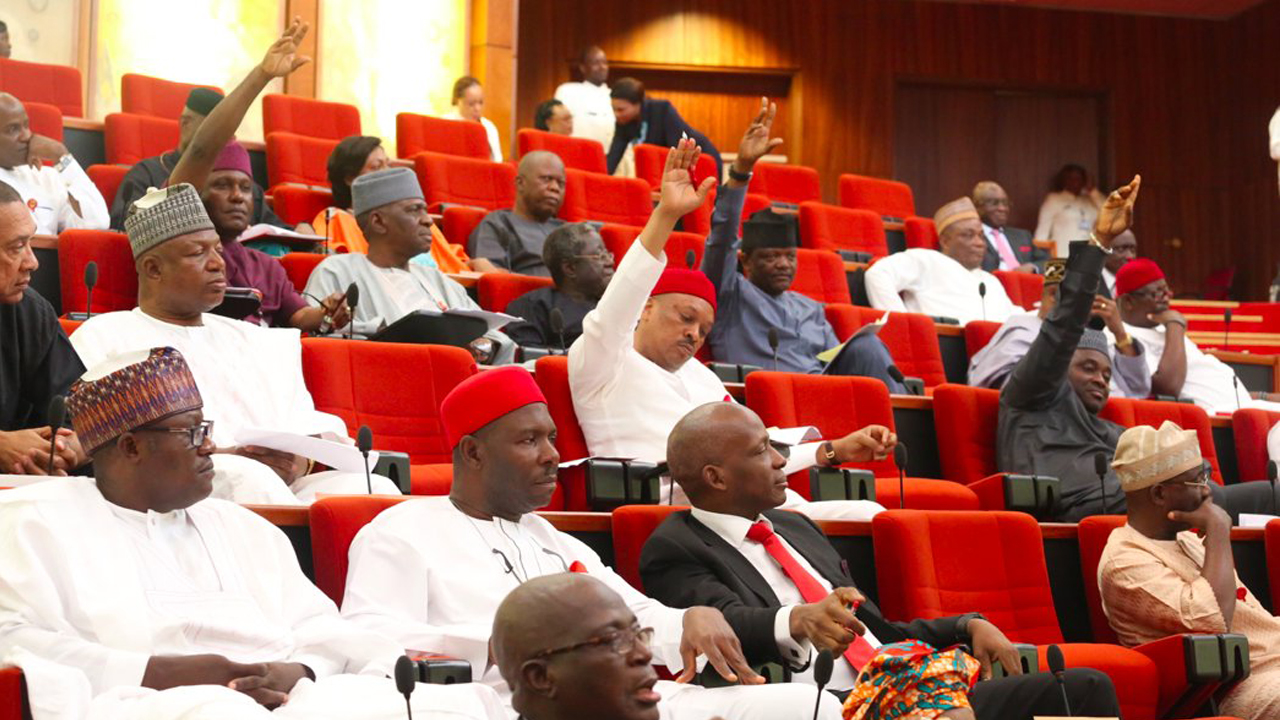The International Monetary Fund (IMF) has warned Nigeria over the country’s declining real incomes and weak investment which it said have continue to weigh in on economic activity.
The Fund stated this at the conclusion of its annual Article IV Consultation discussions on Nigeria’s economy in a press statement issued in Abuja, yesterday.
The IMF staff team led by Amine Mati, Senior Resident Representative and Mission Chief for Nigeria, visited Lagos and Abuja from January 29-February 12, 2020 to conduct its annual Article IV Consultation discussions on Nigeria’s economy.
The Fund said Nigeria’s economic growth was still recovering, while inflation is increasing, with external vulnerabilities still rising, stressing that fiscal reform momentum and recent tightening of monetary policy are welcome.
It noted that major policy adjustments remain necessary to contain short-term vulnerabilities and unlock Nigeria’s growth potential.
At the end of the visit, Mr. Mati team noted: “The pace of economic recovery remains slow, as declining real incomes and weak investment continue to weigh on economic activity. Inflation—driven by higher food prices—has risen, marking the end of the disinflationary trend seen in 2019.
ALSO READ: World Bank has more debt quota in Africa, says AfDB
“External vulnerabilities are increasing, reflecting a higher current account deficit and declining reserves that remain highly vulnerable to capital flow reversals. The exchange rate has remained stable, helped by steady sales of foreign exchange in various windows.
“High fiscal deficits are complicating monetary policy. Weak non-oil revenue mobilisation led to further deterioration of the fiscal deficit, which was mostly financed by Central Bank of Nigeria (CBN) overdrafts. The interest payments to revenue ratio remains high at about 60 percent.
“Under current policies, the outlook is challenging. The mission’s growth forecast for 2020 was revised down to 2 percent to reflect the impact of lower international oil prices. Inflation is expected to pick up, while deteriorating terms of trade and capital outflows will weaken the country’s external position.
“Recognising these vulnerabilities, the authorities have taken a number of welcome steps. These include measures to boost revenue through the adoption of the Finance Bill and Deep Offshore Basin Act and; and improve budget execution by adopting the 2020 budget by end-December 2019.
“The tightening of monetary policy in January 2020 through higher cash reserve requirements to respond to looming inflationary pressures is welcome. Progress on structural reforms—particularly in Doing Business, finalizing power sector reforms, and strengthening governance—is commendable.

 Entertainment1 week ago
Entertainment1 week ago
 Business1 week ago
Business1 week ago
 Health1 week ago
Health1 week ago
 Business1 week ago
Business1 week ago
 Latest1 week ago
Latest1 week ago
 Entertainment1 week ago
Entertainment1 week ago
 Football1 week ago
Football1 week ago
 Entertainment5 days ago
Entertainment5 days ago









